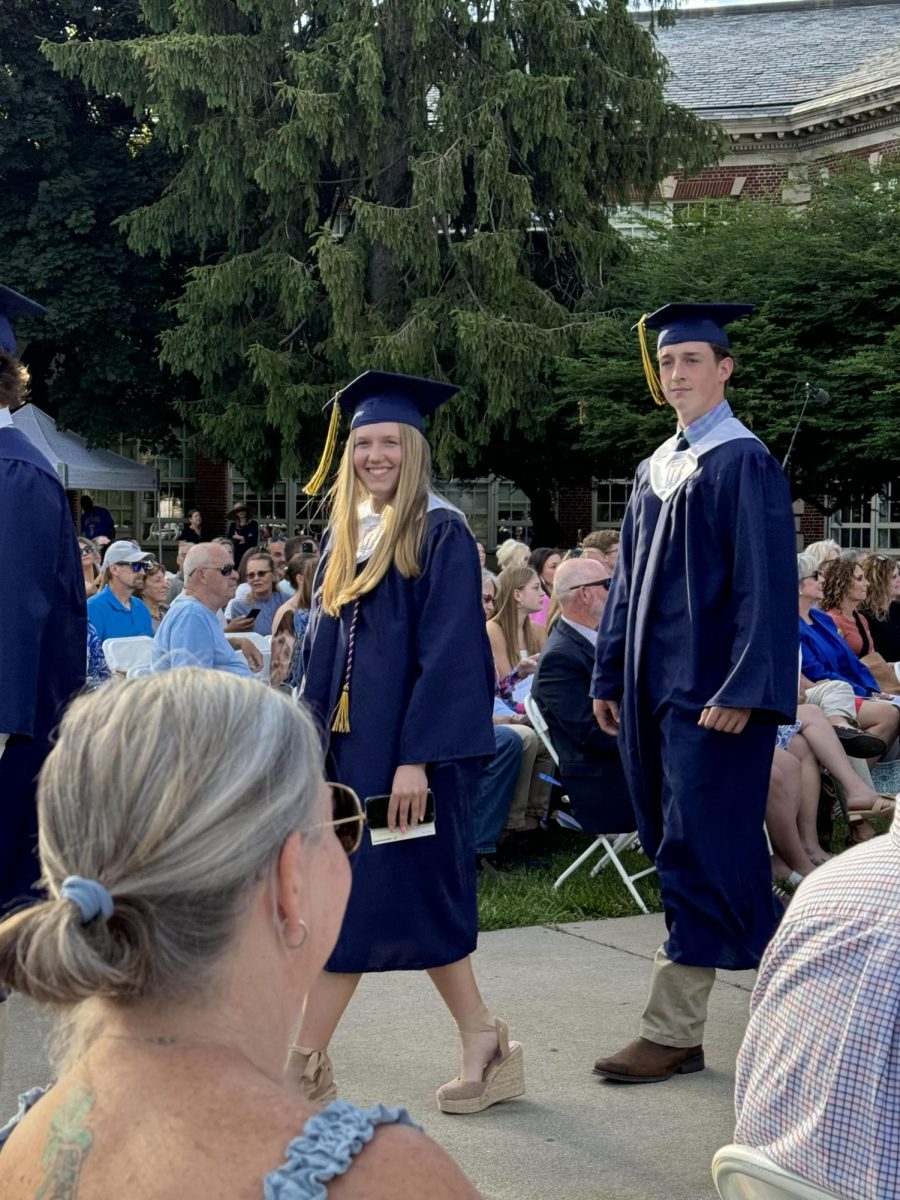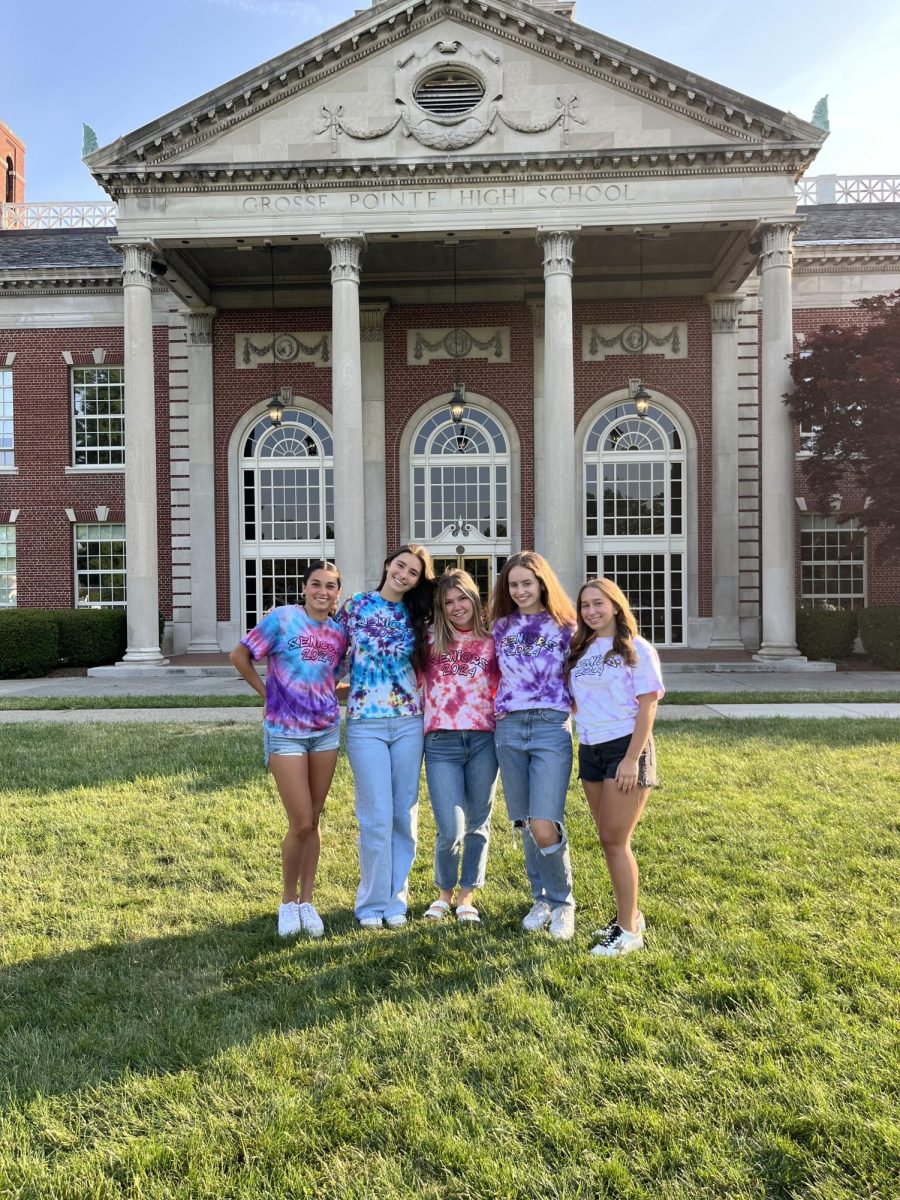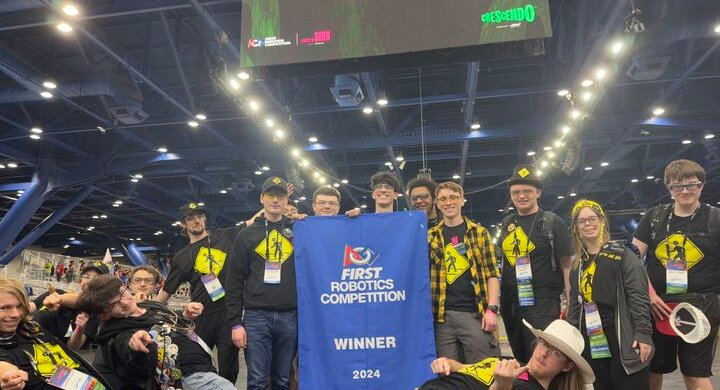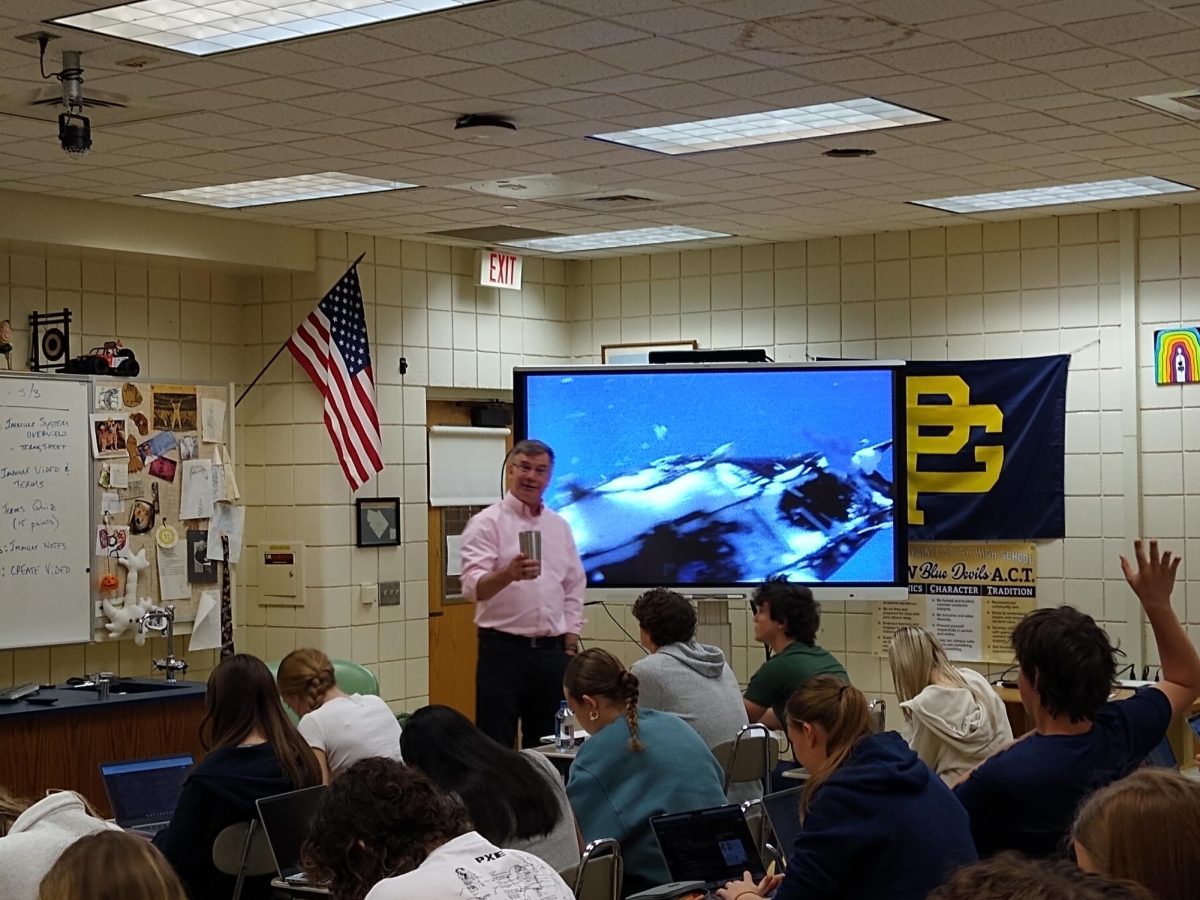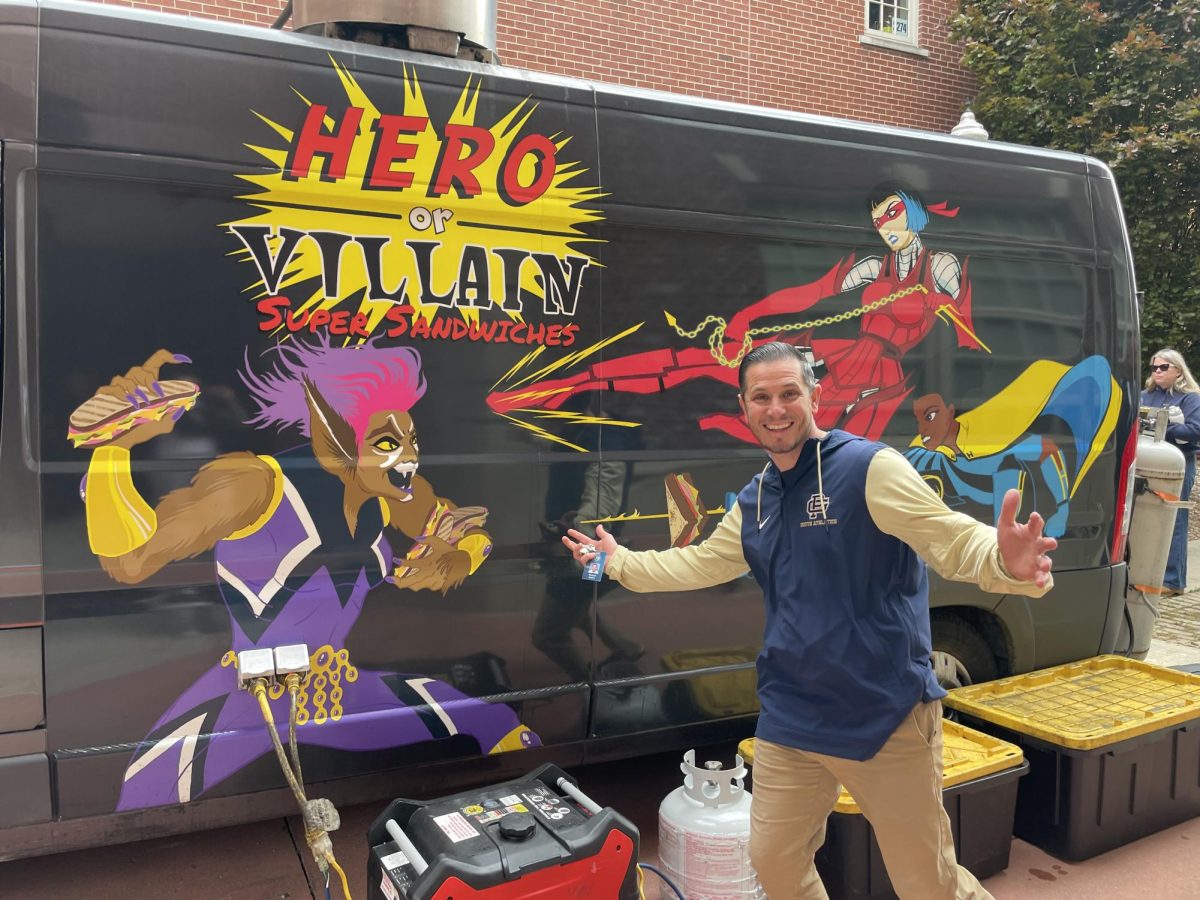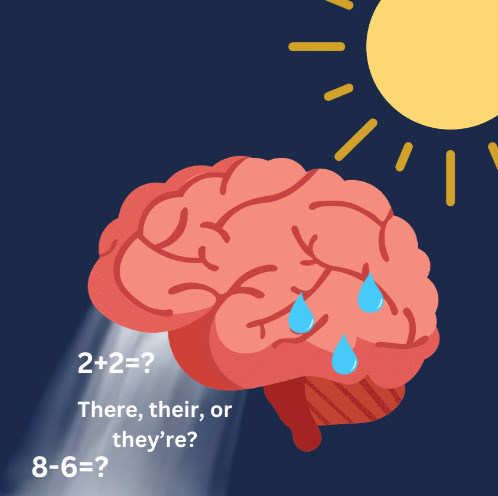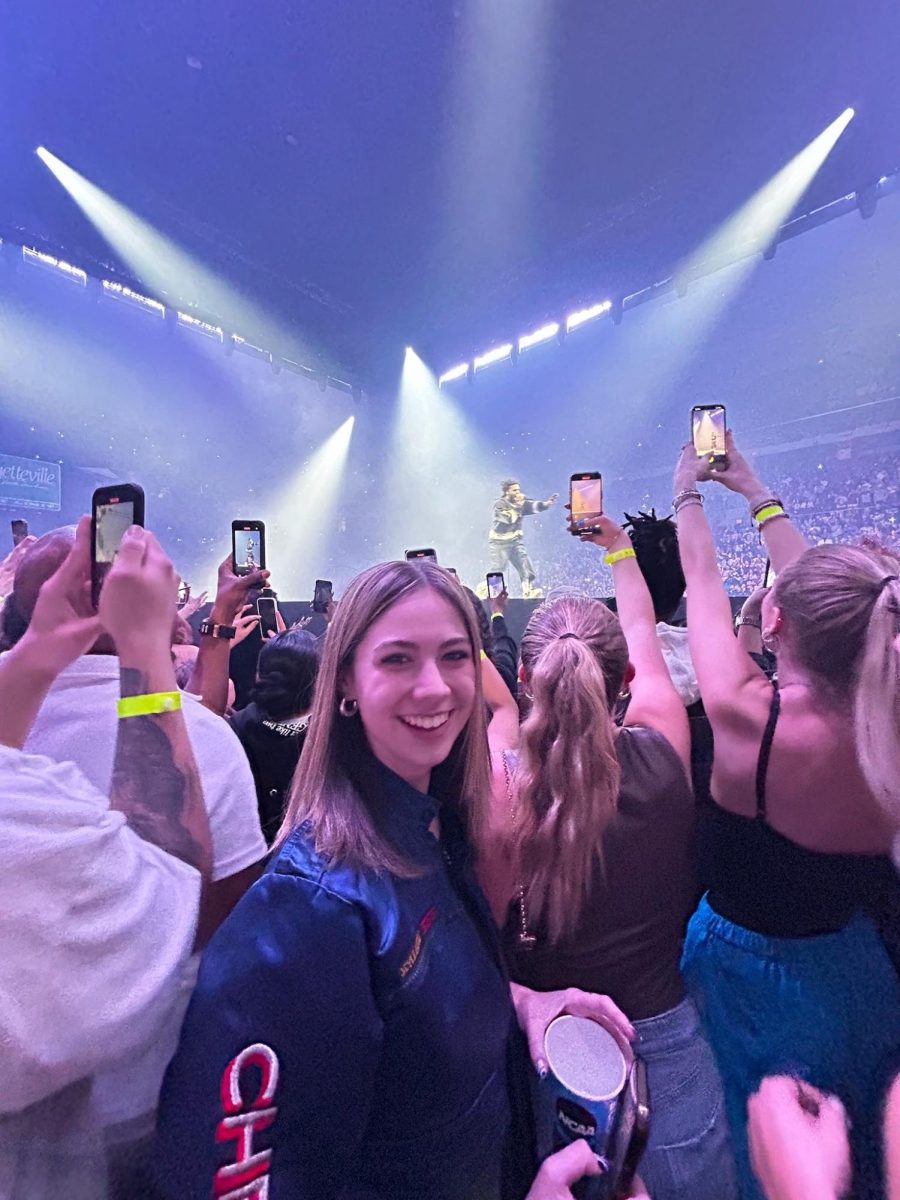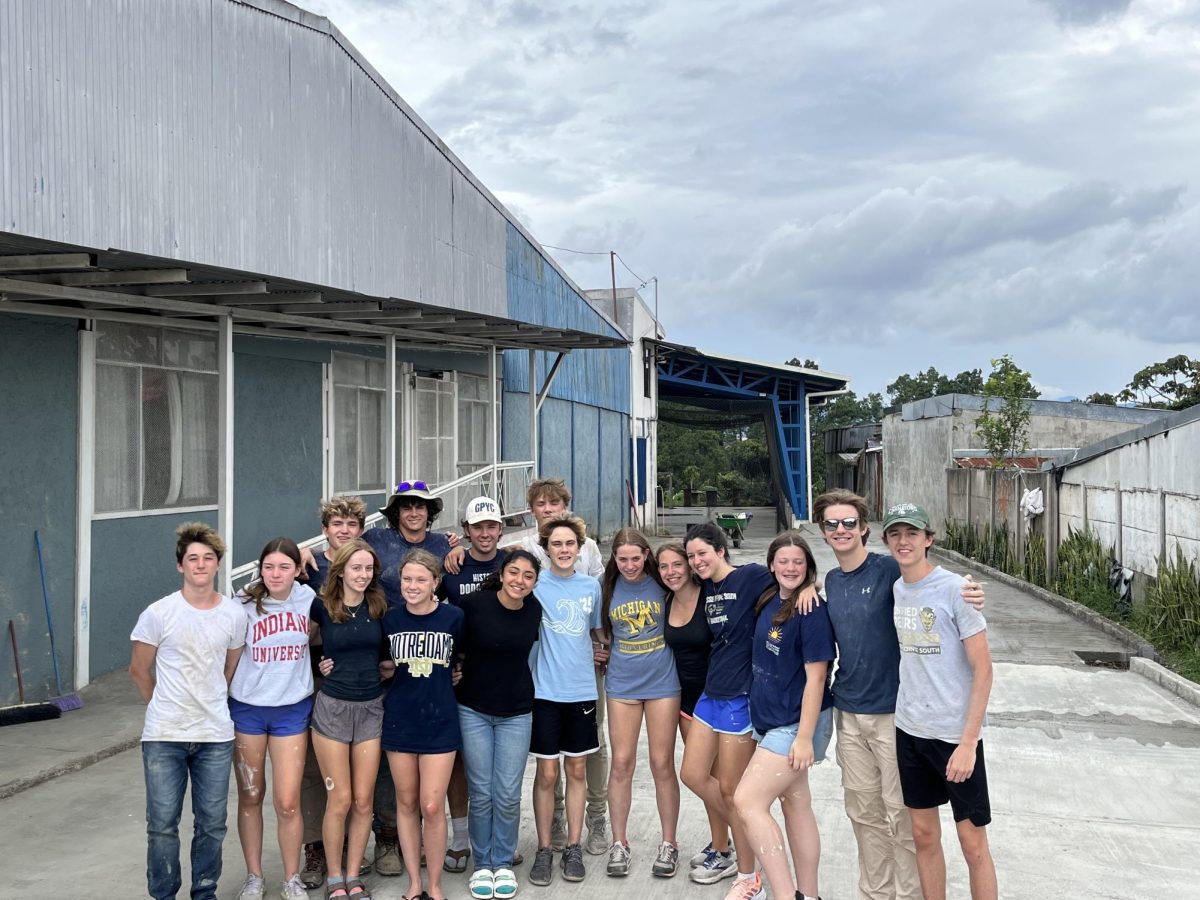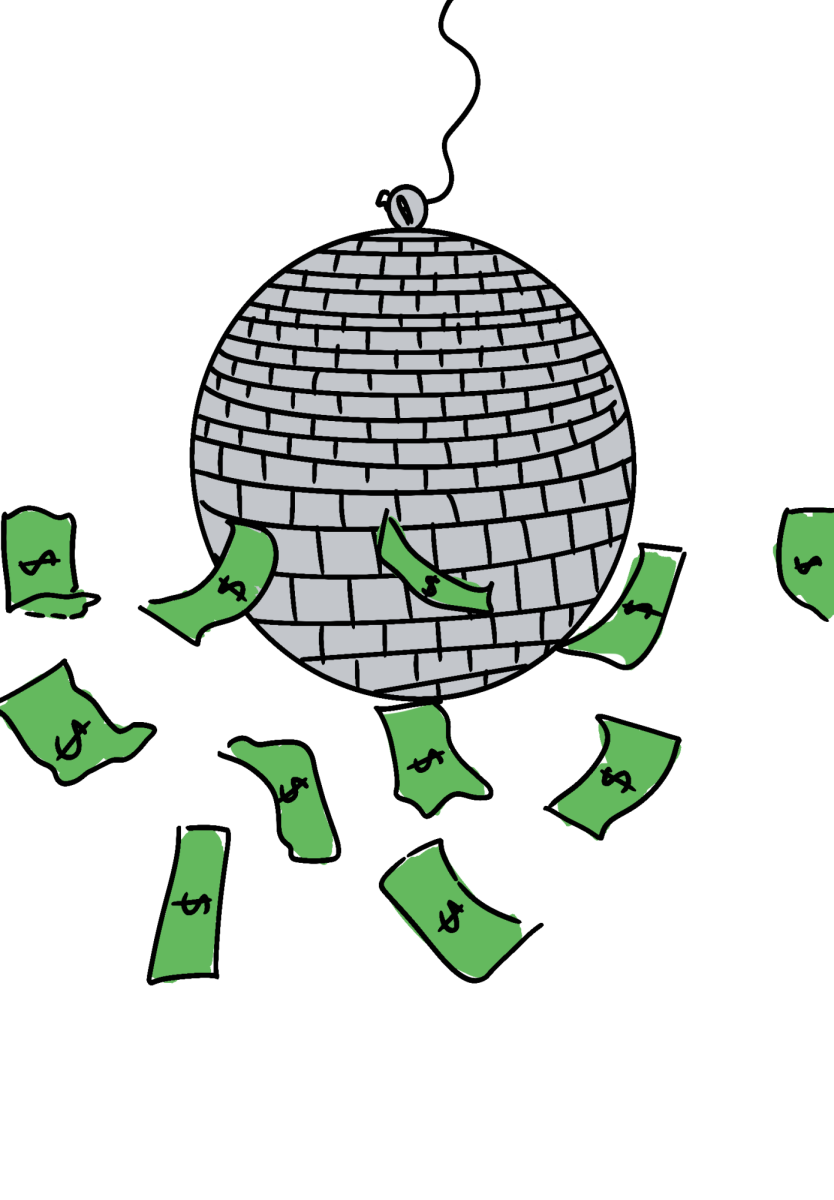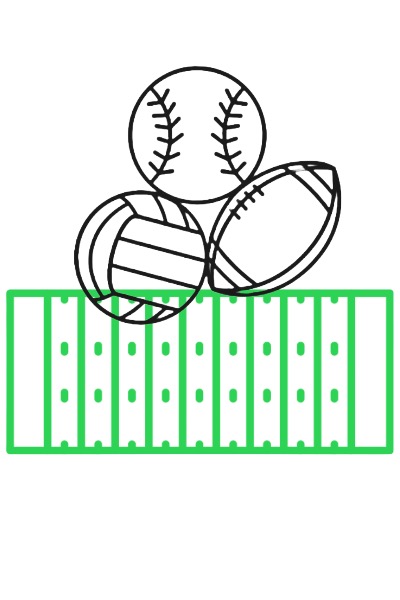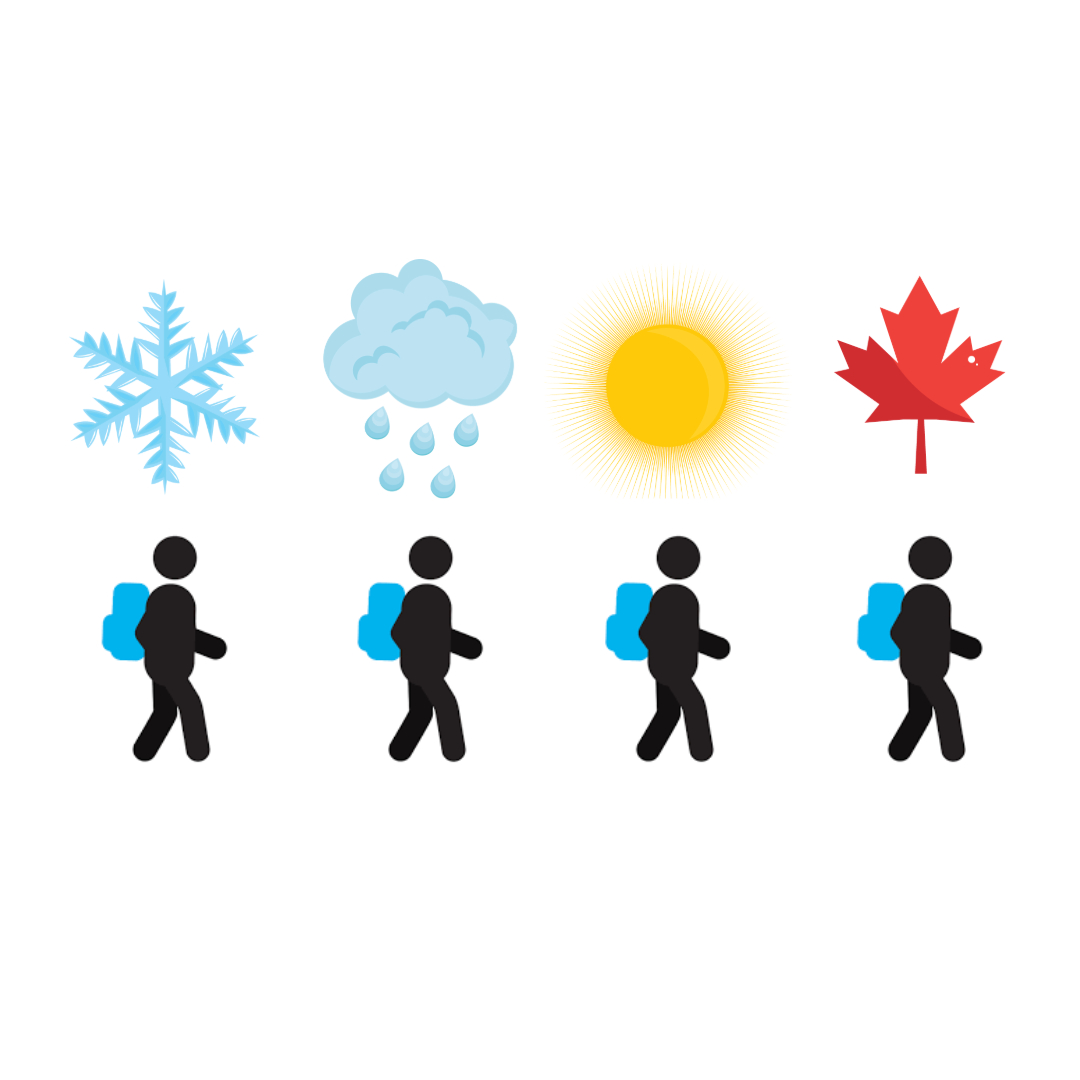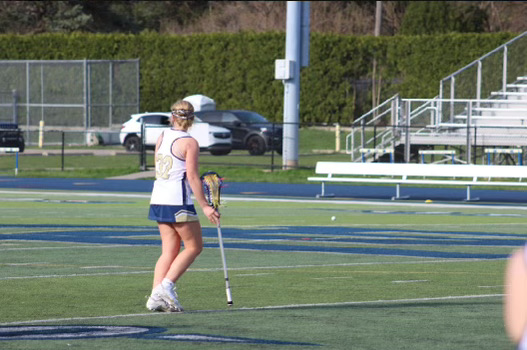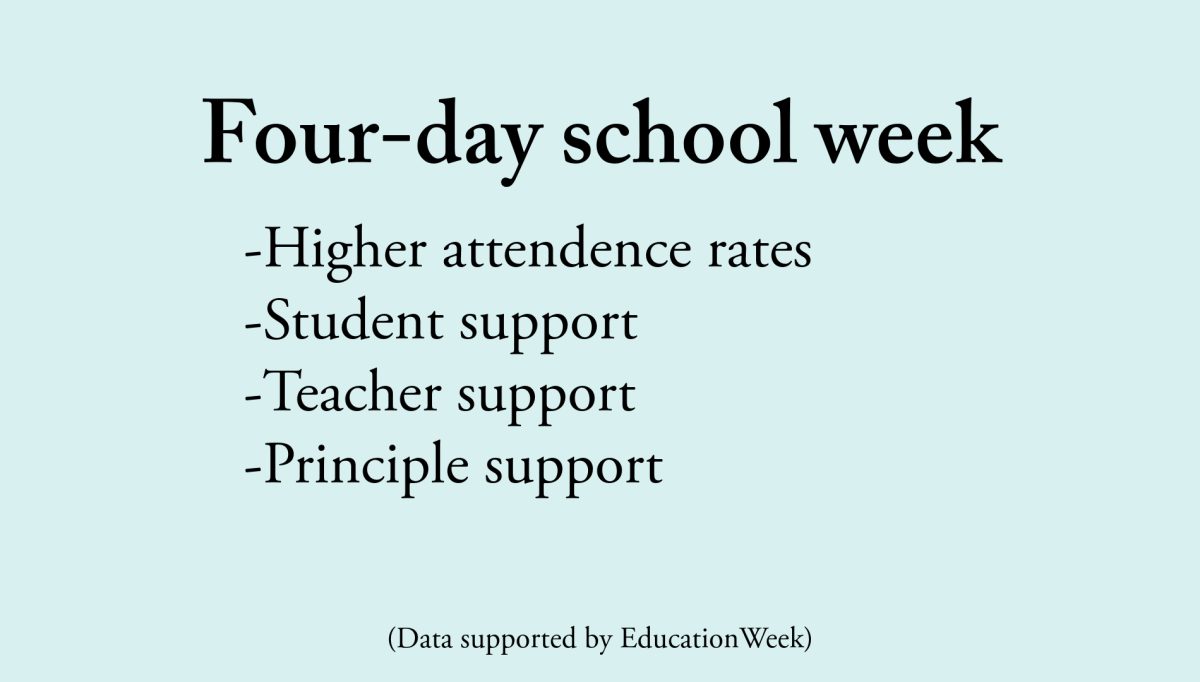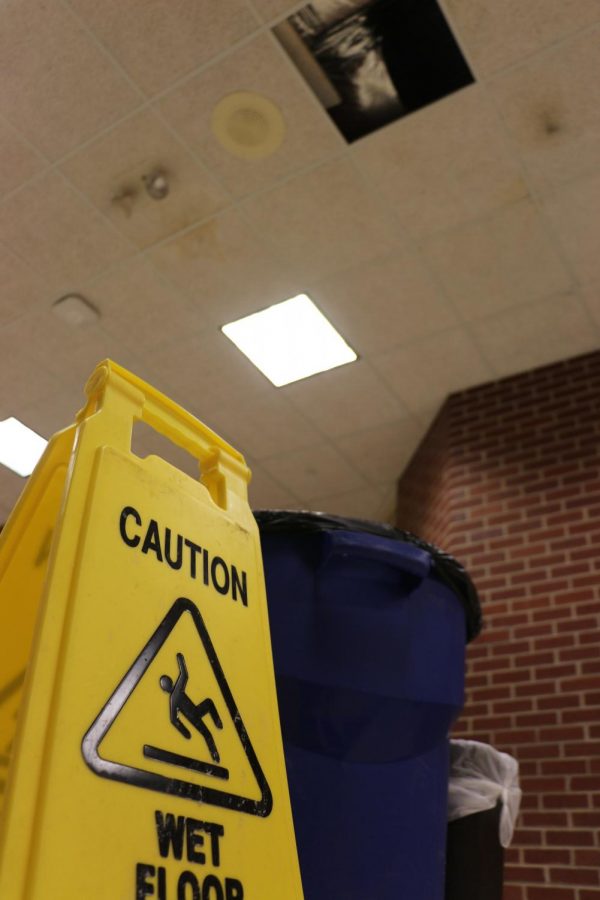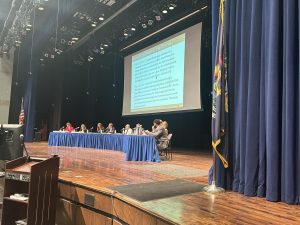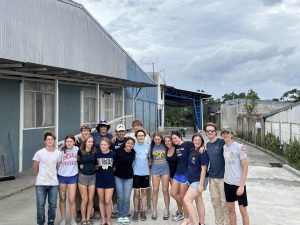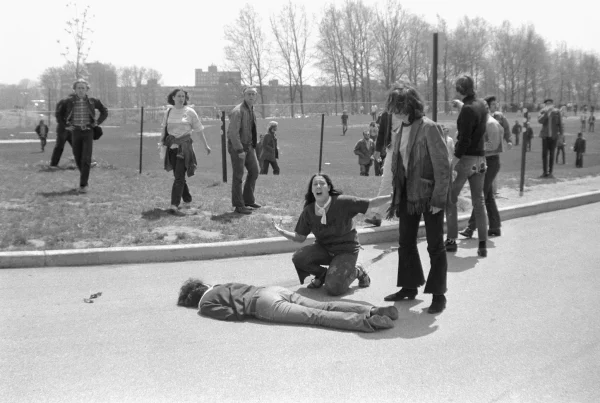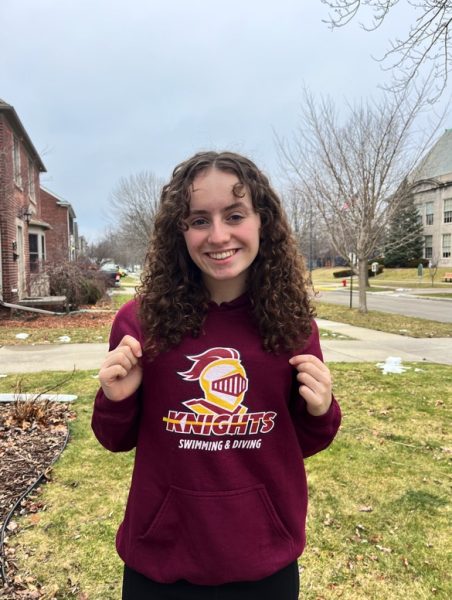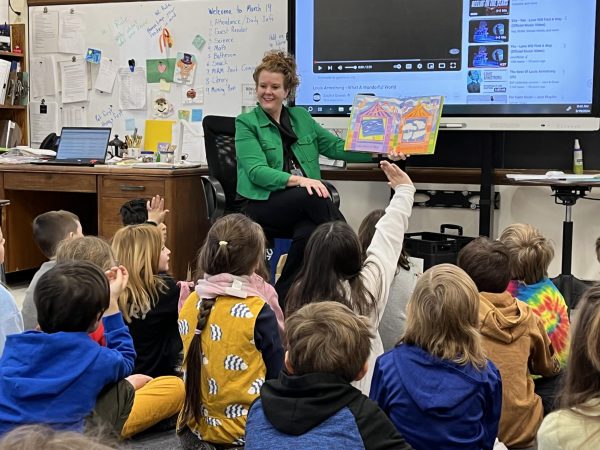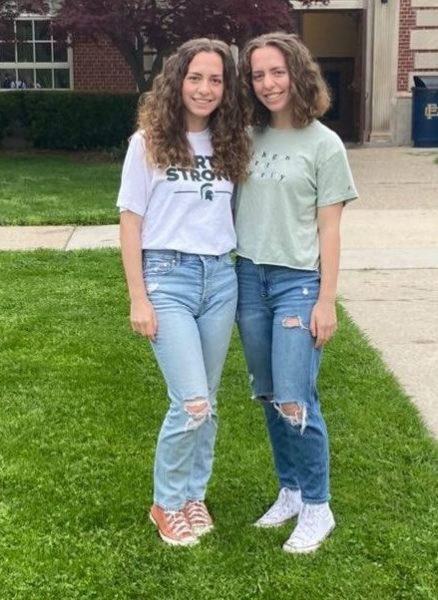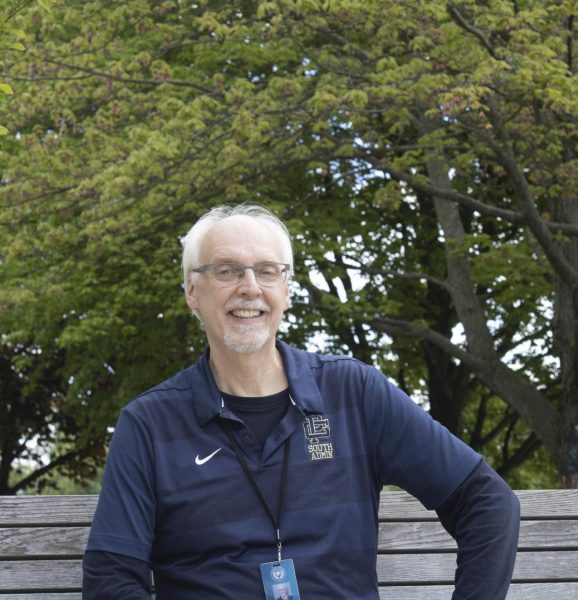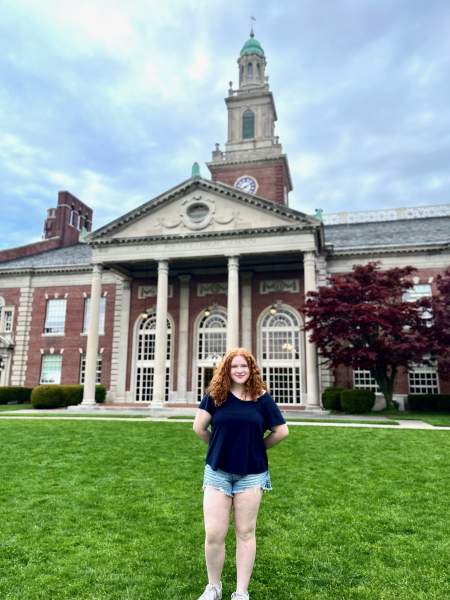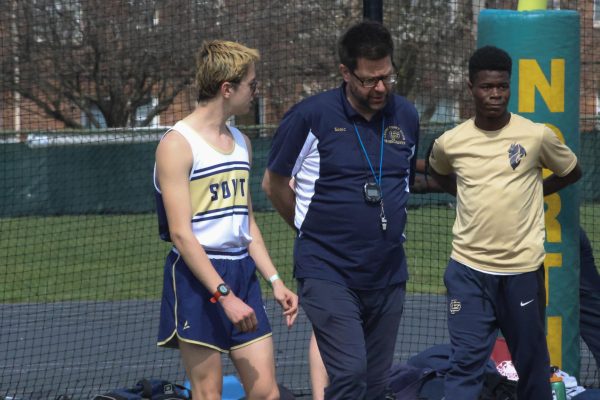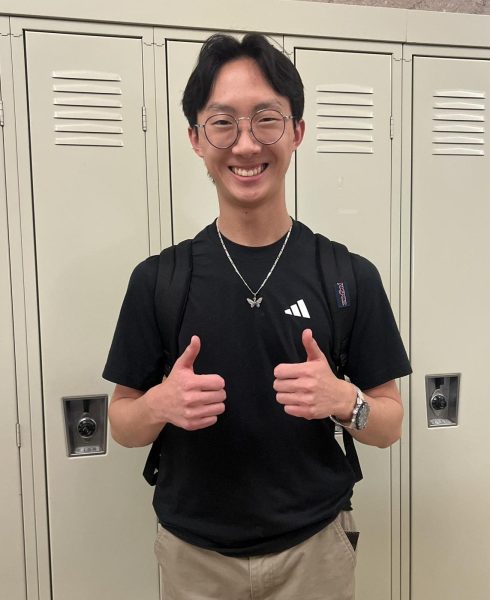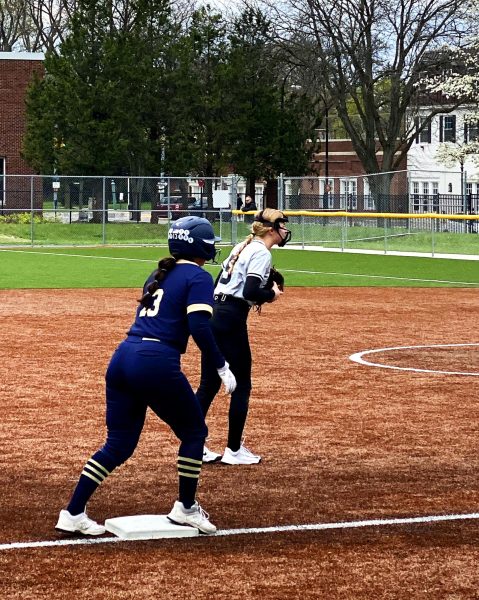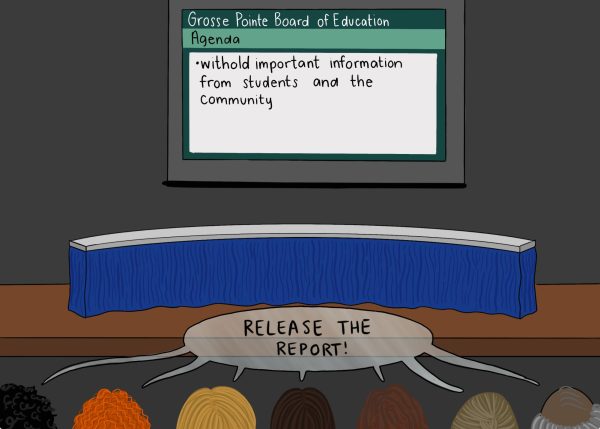South’s state of disrepair: to bond or not to bond
October 25, 2018
Buckets catching dripping water. Broken sinks in bathrooms. Ceiling tiles falling – at least once on to a student. These dripping, crumbling, falling examples of disrepair illustrate why the Grosse Pointe Public Schools district is asking voters to approve an $111 million bond on Nov. 6.
Dozens of orange sticky notes mark the many places and objects that are in need of repair at South and at every school in the district with signs stating one cannot see all the repairs because many are infrastructure.
South student Leo Leone ’22 experienced first-hand the need for repairs inside the 90-year-old building when he a ceiling tile broke loose and hit his shoulder during his Spanish class.
“I didn’t really know what was going on. I heard a loud noise because the tile that fell hit the light from the ceiling and then I looked up and it hit me on the shoulder,” Leone said. “My teacher was scared for me and she quadrupled checked that I was okay.”
South Principal Moussa Hamka and district officials say the bond is needed to cover costs to repair and replace the ceiling and much more, including enhanced security and outdated technology.
However, not everyone agrees that a bond is the best way to go. Even Leone is undecided if taxpayers should pay extra for the repairs.
Approximately $25 to $30 million of the proposed bond would go to South, school and district officials said. Schools are required to seek public funding such as bonds in order to make repairs and capital improvements. The majority of the school district budget goes to operating costs such as salaries and utilities.
The bond would cost the owner of a $300,000 home $225 a year or $19 per month.
That, according to the district, would keep students “safe, warm, dry and connected.”
In the Grosse Pointe community there is a disagreement over the bond with residents strongly supporting Vote Yes and Vote No campaigns.
Grosse Pointe resident Kelly Boll, ‘79, is a supporter of the Not This Bond campaign. She said the cost of the bond is too high there are better options, such as using the district’s sinking fund to pay for building needs. She specifically disagrees with the amount of interest taxpayers will be charged over the life of the bond payout.
Current high schoolers, she said, “will be almost 40 years old before the debt is paid off. There are ways to protect students and repair our schools without taking on debt,” she said.
Hamka, however, believes the proposed bond is a necessity to pay for the vast number of fixes and changes that are needed for South students to learn in a comfortable environment.
“First and foremost is a secured entrance. The second piece would be taking care of some of our technological infrastructures that keep us safe such as cameras – more of them and in the right strategic locations we need to monitor,” Hamka said. “Another thing that is critical to us right now is changing our PA system. We had a drill earlier this year where parts of the speaker system were and were not working.”
The funding from the bond would also pay to change door locks that allow teachers to secure classrooms in case of emergencies and take care of the leaking roof and a boiler that often requires repairs and many other minor and major needs.
South parent Liz Johnson is in favor of the bond and is concerned that a failed bond will allow schools to deteriorate more and cause the district’s reputation to potential homebuyers to decline. That could have an negative impact on property values and hurt residents whether they have children in the schools or not.
“Our schools are aging and they have a lot of infrastructure requirements just like the old houses in our community, which take tremendous resources. It’s beyond what the current budget can handle,” Johnson said. “Therefore we need a bond to support these big expenditures.”
Grosse Pointe Public Schools Superintendent, Dr. Gary Niehaus, said the average age of the school system’s buildings is 77 years old and that has led to many schools having many things in need of repair. Oftentimes broken and non-working objects are commonplace districtwide.
Boll agrees that repairs may be needed, but she does not agree that such a large amount of a money is needed all at once, especially since Grosse Pointers are still paying off a bond from 2002. She said taxpayers still owe $30 million plus interest on a bond from 2002 and that, if passed, they will owe more interest from the interest on another bond.
The most important thing to Hamka is that students have an optimized learning environment. Without the funding the bond would provide, keeping the schools in good working condition will be a challenge, he said.
“There’s been several times when we’ve had to move classes because of water damage in certain places. I think when students aren’t comfortable their learning isn’t optimized,” Hamka said. “Fixing things at South will continue to be a challenge. You can keep patching things, but at the end of the day sometimes you just need to replace.”
With the district’s enrollment declining, South student Bradley Burdick ’20 said a bond should not be passed.
“We need to run it [the district] like a business,” Burdick said. “We need to consolidate and close down buildings, and with a bond maybe not as big, fix up all the buildings that we now have after we close a couple and make them absolutely amazing,” Burdick said. “Then if we get more students, re-open the old ones.”
Niehaus said the district is looking at closing schools and would seek the approval of board members as well as community members if they were to close a school.
“There’s a board policy that they just passed that has triggers in it. If population at a school goes below a certain number of enrollment it triggers us to do a study on how we might redistribute students if we were to close a school,” Niehaus said, “but closing a school would take a year and a half to do because you would have to figure out where all those students are going to go to school and then you would have to close the building itself.”
In the meantime, South students like Laine Johnson ‘20 see the orange sticky notes and are disappointed that the school seems to be getting worse in so many ways, from basics like working soap dispensers and faucets and advancements like technology and innovations that schools in other districts already have.
“In the bathrooms the faucets won’t turn on and the soap dispensers don’t dispense soap, a basic need there is not being fulfilled,” Johnson said. “Our schools need money to fix problems and get better technology to keep our schools updated and keep South known as an amazing school.”
Boll and other opponents of the bond are concerned about controls or lack of controls over such a large amount of money. She said it should be smaller in scope and come from the district budget so that debt is not accumulated on a bond.
“I would make sure that there were specific projects that were going to be addressed. We can’t hold the people in charge accountable for how that money is going to be spent,” Boll said.
Hamka said the superintendent is addressing that by seating a committee that will have oversight on how the money is spent.
If the voters do not approve the bond this time, Hamka sees South having more summers, like last summer, where classrooms are closed as a result of needed repairs and various damage.
Niehaus said if voters don’t pass the bond, the district will have to look for another proposal and try again to explain to voters how critical the need is to vote yes.
“I do believe within another year we’d go back and try to find some way for us to find favor with the voters to get a bond passed,” Niehaus said. “There is no one that is denying we have critical needs, it’s just a matter of how we pay for it is what seems to be the issue.”

